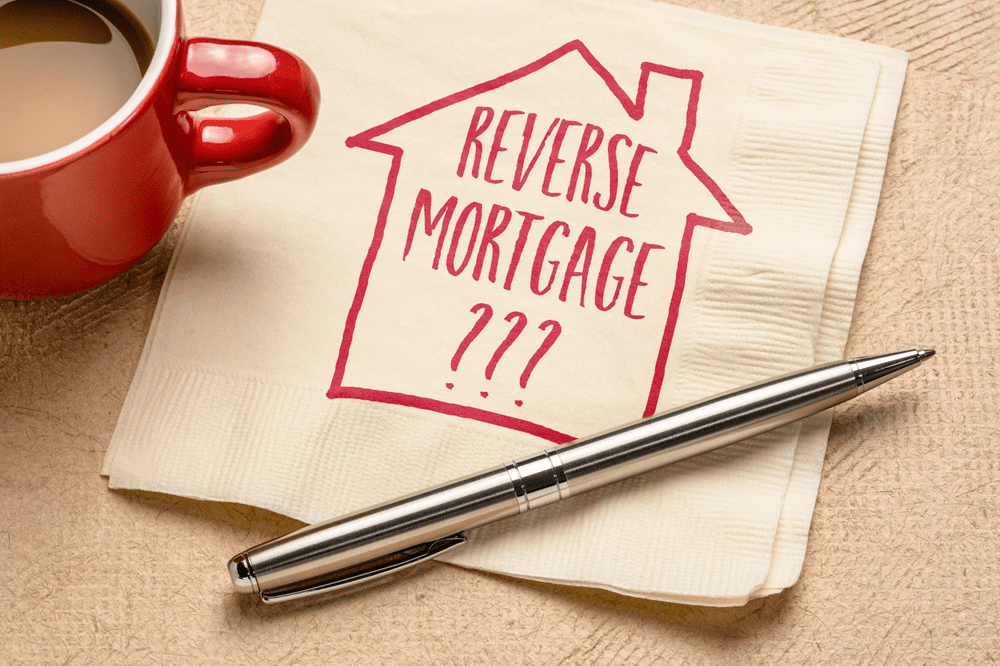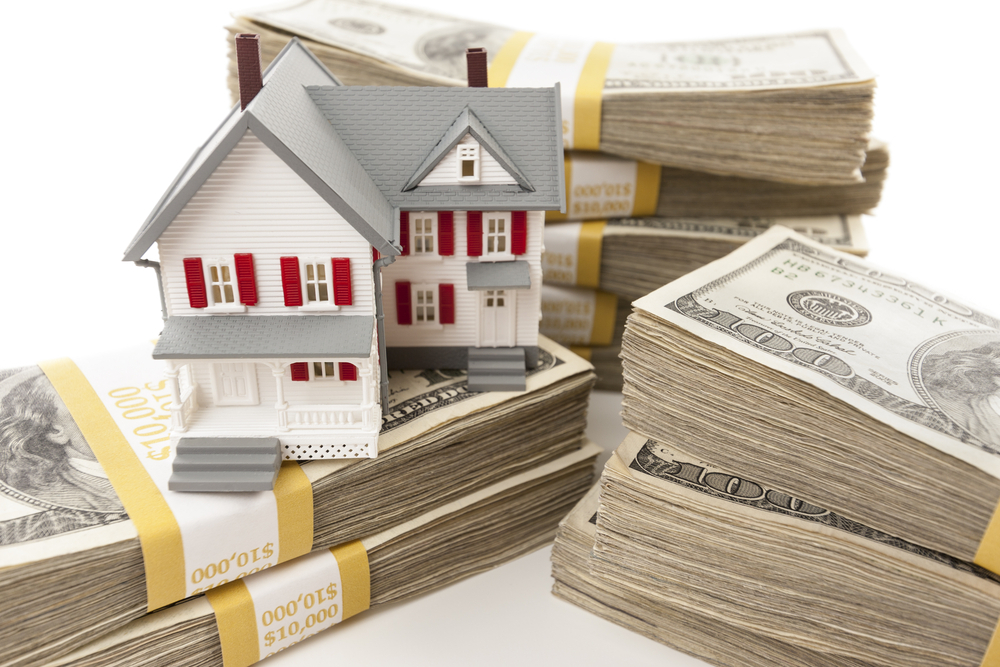Selling a house with a reverse mortgage in New York City can raise numerous questions and considerations, especially given the unique nature of reverse mortgages. If you’re facing this situation, you’re not alone in seeking clarity. In this comprehensive guide, we’ll delve into the intricacies of selling a house with a reverse mortgage in NYC, providing you with a roadmap to navigate this process successfully. Whether you’re looking to downsize, relocate, or simply transition to a different living arrangement, understanding the options and responsibilities associated with selling a home under a reverse mortgage is crucial. By the end of this guide, you’ll have a clear picture of what to expect and how to make the most of your reverse mortgage when selling your property.
Understanding Reverse Mortgages
Before delving into the selling process, it’s crucial to understand what a reverse mortgage is and how it works. A reverse mortgage is a financial product available to homeowners aged 62 and older. It allows them to tap into their home equity, converting it into cash while retaining ownership of the home. Unlike a traditional mortgage, where you make monthly payments to the lender, a reverse mortgage pays you, either as a lump sum, a line of credit, or monthly installments.
Can You Sell a House with a Reverse Mortgage?
The short answer is yes; you can sell a house with a reverse mortgage. However, there are specific steps and considerations to keep in mind.
1. Repaying the Reverse Mortgage
Before you can sell a home with a reverse mortgage, the outstanding loan balance must be repaid. This repayment typically occurs through the proceeds of the home sale. When the house is sold, the reverse mortgage lender will collect the loan balance, which includes the principal, interest, and any fees that have accrued over the life of the loan.
2. Determining the Selling Price
To ensure you have sufficient funds to repay the reverse mortgage and cover other selling expenses, it’s crucial to determine an appropriate selling price for your NYC property. This involves conducting a comparative market analysis (CMA) to assess the current market value of your home. Keep in mind that the selling price should be enough to cover the reverse mortgage balance, closing costs, and any real estate agent commissions.
3. Working with a Real Estate Agent
While it’s possible to sell a house with a reverse mortgage on your own, many homeowners choose to work with a qualified real estate agent, especially in a competitive market like NYC. A real estate agent can help you navigate the complexities of the selling process, market your property effectively, and negotiate with potential buyers to secure the best possible sale price.
4. Notifying the Reverse Mortgage Lender
Before proceeding with the sale, you’ll need to notify your reverse mortgage lender of your intent to sell the property. They will provide you with a statement detailing the loan balance, which will be crucial in determining the amount needed to repay the loan from the sale proceeds.
5. Securing a Buyer
Once your property is listed, you’ll work to secure a buyer. Potential buyers may be unaware of the reverse mortgage on the property, so it’s essential to communicate this information transparently. Your real estate agent can help you address buyer concerns and ensure a smooth transaction.
6. Closing the Sale
When you have an interested buyer and agree on the terms of the sale, you can move forward with closing. The sale proceeds will be used to repay the reverse mortgage loan, and any remaining funds will go to you as the homeowner. It’s essential to work closely with your real estate agent and title company to ensure a seamless closing process.
7. Repurchasing or Relocating
After the sale, you may be wondering about your housing options. Some homeowners choose to repurchase another property, while others decide to downsize or relocate. It’s crucial to plan for your housing needs and financial situation after the sale.
Final Thoughts
Selling a house with a reverse mortgage in NYC is entirely feasible, but it requires careful planning and coordination. Working with professionals, such as a cashbuyersny and a reverse mortgage counselor, can help you navigate the process successfully. By understanding the steps involved and your obligations as a borrower, you can sell your home with confidence and make the most of your reverse mortgage.






